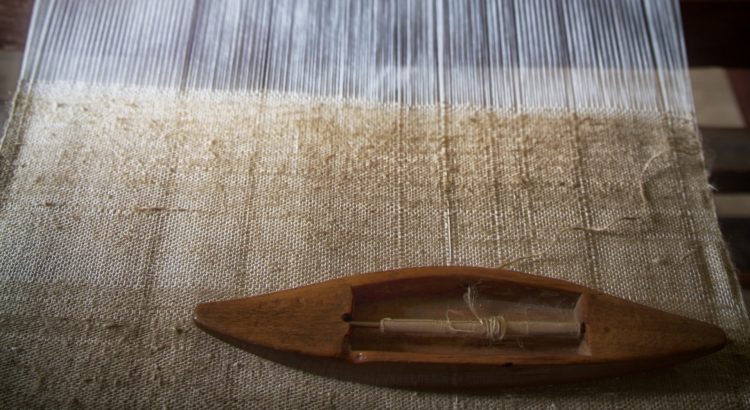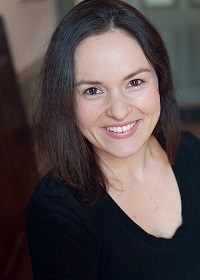Podcast: Play in new window | Download
Subscribe: Spotify | Email | TuneIn | RSS
Sometimes, your humble HelloPhD hosts forget how narrow our experience has been in graduate education. We’re both biomedical PhDs, and while we trained in different departments, there was a significant amount of overlap.
For us, a PhD meant classes, comprehensive exams, rotations, lab meetings, experiments, seminars, and so on.
While those experiences were common across biomedical programs, the similarity starts to fade when discussing other bench-sciences like chemistry, or even patient-focused fields like epidemiology.
If those adjacent fields reveal unique and instructive differences, how much more exciting to explore the distant reaches of the PhD universe – the Humanities PhD!
Thread Count
This week, Josh sits down with Alexandra Macdonald, a Historian and PhD candidate at The College of William and Mary in Williamsburg, Virginia.
Alexandra’s dissertation, provisionally titled “The Social Life of Time in the Anglo-Atlantic World, 1660-1830,” takes her to museums and university collections around the world to study art and materials and what they can tell us about the people who made them.
We hear more about Alexandra’s fascinating research, but also about how she’s working to improve the training experience for other PhDs.
Humanities PhDs can sometimes be isolating – the candidate may travel for months at a time, and be the only person in their department working on a particular question. That often means that they don’t receive guidance in the skills they’ll need to progress. Project management, professional networking, writing a book chapter, and myriad other skills are left untaught, and the student either sinks or swims.
Alexandra is working to change that. She recently launched a ‘monthly check-in’ group where students can gather to share their experiences and provide support to keep their projects on track. If you’d like to participate, you can find her on Twitter, Instagram, or on her website: alexandrammacdonald.com!


